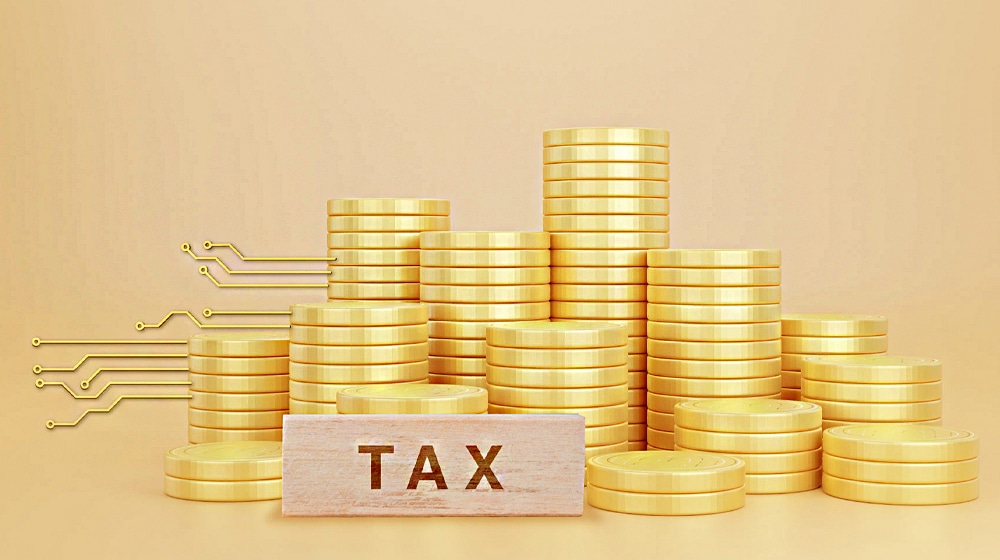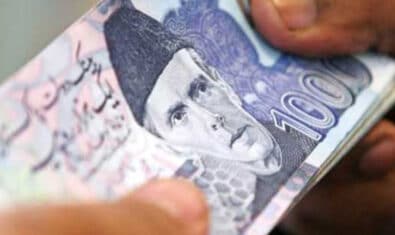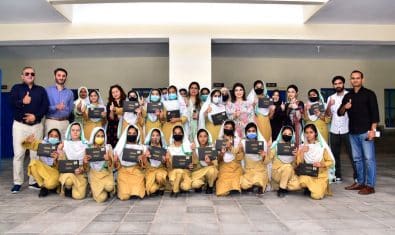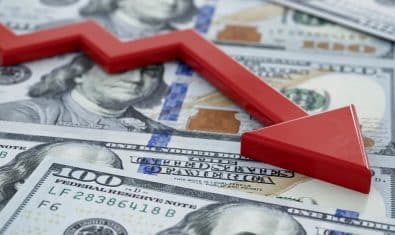The Minister for Finance, Miftah Ismail, has affirmed that the ‘super tax’, which was previously announced by Prime Minister Shehbaz Sharif, has been imposed for one year. He wrapped up the budget process by giving a traditional concluding speech, where he addressed the concerns of the parliamentarians.
Addressing the Parliament of Pakistan, he said the 10 percent super tax has been imposed on large-scale industries, including the aviation industry, to help recover the fiscal deficit. Miftah said most of the recommendations put forward by lawmakers in the Senate and NA during preceding sittings had been incorporated into the budget.
Super Tax Explained
The Finance Minister informed that companies with an income exceeding Rs. 300 million will be subject to the tax. Thirteen sectors have been identified in this regard. The sectors are:
- Cement
- Steel
- Banking
- Airlines
- Textile
- Automobile assembling
- Sugar mills
- Beverages
- Oil and gas
- Fertilizer
- Cigarettes
- Chemicals
- LNG terminals
Furthermore, there will also be a 4 percent super tax for all other sectors.
Minister Ismail later clarified in a tweet that a 4 percent tax will be applicable for all sectors. However, the identified sectors will be subject to an additional 6 percent tax, taking their tax rate from 29 percent to 39 percent.
Just to clarify: the super tax of 4% will be applicable to all sectors. But for the specified 13 sectors, another 6% will be added for a total of 10%. So their tax rates will go from 29% to 39%. This is a one-time tax needed to curtail the previous four record budget deficits.
— Miftah Ismail (@MiftahIsmail) June 24, 2022
Miftah Impose Taxes on PM’s Sons’ Business
Commenting on the taxes, he said the government didn’t impose indirect taxes and taxes on consumption, which impacts the poor disproportionately.
“Taxes have been imposed on the rich and elite and companies to generate more capital from them so that we don’t have to beg for money from the world,” Miftah said.
He asked the speaker to give him more credit to impose greater taxes on the companies of the prime minister’s sons. He said that the companies owned by him and PM Shehbaz’s sons will also pay additional taxes.
Increase in Income Tax for Elites
“The revenue from the rich will help the government achieve its target of budget surplus — which has been committed to the IMF,” he added.
Moreover, Miftah announced a list of taxes that would be collected from the elite class and large-scale industries. The following is the list of taxes to be imposed:
- 1% additional super tax on individuals or companies earning more than Rs. 150 million
- 2% additional super tax on individuals or companies earning more than Rs. 200 million
- 3% additional super tax on individuals or companies earning more than Rs. 250 million
- 4% additional super tax on individuals or companies earning more than Rs. 300 million
“These additional taxes will be only be imposed for a year (fiscal year 2022-23),” he clarified.
Tax On Retailers & Jewelers
In his speech, the Finance Minister also unveiled a new scheme to bring 250,000 to 300,000 retail shops into the tax net. He informed that there are approximately 900,000 retail shops in the country. Under the new scheme, the income and sales taxes applicable to these shops will be fixed with their electricity bills. Small shops will be subject to a fixed tax of Rs. 3,000 per month, and big retailers will have to pay a monthly tax of Rs. 10,000.
Furthermore, Minister Miftah added that taxes on jewelry shops have also been imposed, and the tax on on-premises shops has been fixed at Rs. 40,000 per shop jewelry shop.
This is significant as there are nearly 30,000 jewelry shops, of which only 22 are tax-registered. The withholding tax on consumer sales of gold has been cut to one percent from four percent.
Furthermore, the minimum tax on oil marketing companies (OMCs) has been reduced from 0.75 percent to 0.50 percent.
Tax Concessions Given
After considering the recommendations, the Finance Minister announced the following tax concessions:
- Condition of withholding tax on IT sector companies withdrawn
- Companies with sales less than Rs. 800 million exempted from withholding tax and statement submission.
- Tax on venture capital funds invested in the IT sector removed.
- The minimum tax on oil marketing companies, which was 0.75 percent, reduced to 0.5 percent
- Commission on outgoing indenters at the time of receipt slashed to 1 percent from 5 percent
- Provision of 50 percent reduction in capital gains tax for those who had been allotted plots while in service restored
- Families of martyred and war-wounded individuals exempted from tax on income from plots
- Sales tax on leather and surgical instruments industries removed
- Overseas Pakistanis who had a NICOP would be included in the list of active taxpayers so they don’t have to pay additional taxes on property purchases.
Tax Target Enhanced
Miftah also told the parliament that the tax target, which was initially set at Rs. 7.004 trillion had been increased to Rs. 7.47 trillion now. At the same time, he added, the target of non-tax revenue that was set at Rs. 2 trillion had been slashed to Rs. 1.94 trillion.
He announced that the government will give Rs4.37 trillion to the provinces. “After all these expenses, the federal government’s deficit would stand at Rs. 4.55 trillion and overall combined deficit at Rs. 3.78 trillion,” the Finance Minister added.
He recalled that when the erstwhile FATA was merged with Khyber Pakhtunkhwa (KP), the tribal areas had been given an exemption from tax “of every kind” until 2023.
Miftah said the government intended to introduce a bill to exempt the residents of these areas from paying income tax too. However, companies and industries operating in these areas would be brought into the tax net.
The federal budget for the fiscal year 2022-23 was first unveiled on June 10 in the National Assembly by the Finance Minister.
Pro-Poor Schemes
The Finance Minister explained that the government has attempted to put less burden on the poor, adding that because of this the premier has launched a cheap petrol and diesel scheme under which so far more than four million people have registered.
He also clarified that these four million people are other than those who are already registered under the Benazir Income Support Programme (BISP). These people have been given Rs. 2,000 each which amounts to Rs16 billion.
“Those people whose household income is less than Rs. 40,000 and have still not registered under the scheme can message on ‘786’ to avail the facility,” he requested.
The Finance Minister said that in line with their agenda to reduce the burden on poor people, PM Shehbaz has initiated a programme for Utility Stores Corporation (USC) under which wheat, ghee, and sugar will be provided at cheaper rates throughout the year.
However, the government is planning to set an income target for the facility which will ensure the benefit is only provided to the deserving.





















